Thinking about buying a house? You’re in the right place! Before we start, I want to make sure you are aware that there is a part one to this discussion. Be sure to read my ‘First-Time Homebuyers Guide‘ before diving into this post – it will most likely answer a lot of your preliminary questions before diving into the nitty gritty.
I feel like buying a house has this stigma of being so far out of reach, especially for us young millennials. But I’m here to tell you that it’s not. With just a bit of knowledge, discipline, and a good realtor, you can find yourself in possession of your first set of home keys before you know it. I hope this helpful outline below answers some additional questions you may have after reading through my first-time homebuyers guide.
I’m going to break down some key points for first-time homebuyers and highlight some of the crucial things no one talks about when buying a house. Let’s dive in!
*Disclaimer: I am NOT a professional in the real estate/mortgage field. Everything shared below is based on what I have learned from personal experience. Please discuss further with a realtor and/or lender to receive accurate information based on your personal situation.
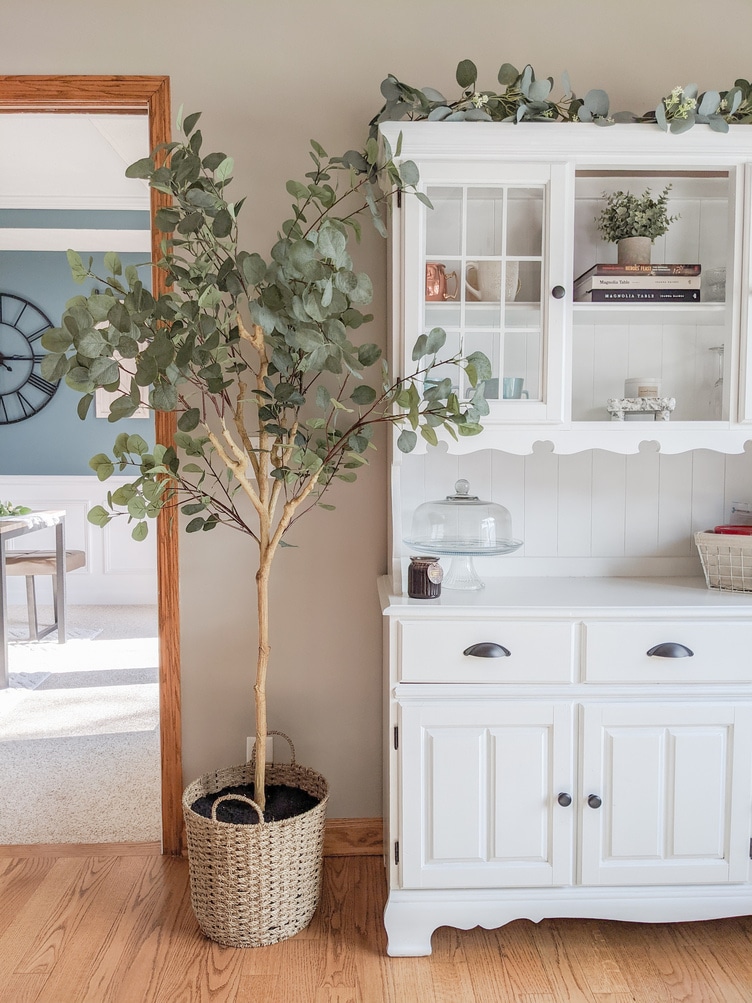
How to Pick the “Right” Agent
Spoiler alert: there isn’t a clear cut answer for this. It really depends on what is most important to you. Is knowledge of the industry a priority? Friendliness? How comfortable they make you feel? I would write down a small list of things you need, sit down with a few different realtors, and then make your decision.
Word of mouth references is also a great way to find a reputable agent. This is how we found ours and all that mattered to us was having an agent that made us feel comfortable and was attentive to our needs. Both of our agents in CA and NE didn’t disappoint and they both became dear friends throughout the process.
I added this to the list of things no one talks about but I do think this is changing, which is a good thing! We should talk about reputable agents and refer the good ones to our friends so that buying a house doesn’t seem as daunting. After our first chat with our CA agent, we felt like buying a house wasn’t as out of reach as we had thought. So my advice for you: call around, find a few agents to chat with, and get started. It doesn’t cost you a dime to get connected with one!
p.s. need a good reference? I’ve got you covered with great recommendations for the Los Angeles, CA Area and Omaha, NE Area. Shoot me a message and I’d love to get you connected with my contacts!
Preparing for Closing Costs
I mentioned this in my first-time homebuyers guide, but I want to emphasize it again because this is the ONE thing that shocked us most. Closing costs are expensive, I’m not going to sugar-coat it. They can amount to anywhere from 3-6% of the home purchase price. This can put a real damper on things if you weren’t planning ahead of time for it, so be sure to save a little extra before you start shopping for that first house.
I will note that in some markets (usually when it’s a buyer’s market), closing costs can be negotiated into the contract, meaning the sellers can agree to pay some or all of the closing costs. But this is rare, especially in a seller’s market which I feel is the most common type of market these days.
Your realtor will advise you on what is best given the current market, and you can make your decision together. It doesn’t hurt to prepare for it anyways, because then you will have some extra cash to take care of other expenses that come after closing!
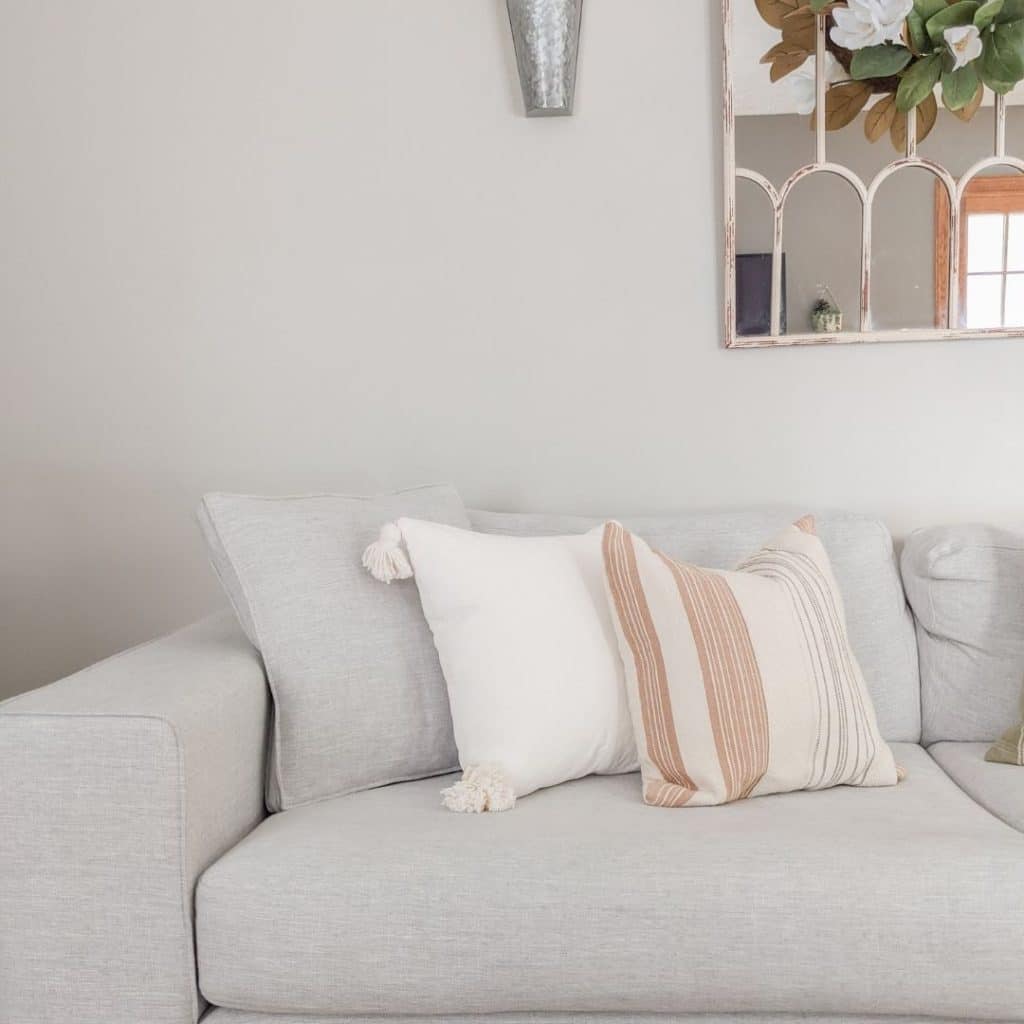
Pre-Approval is the Hardest Part
Don’t let the process of pre-approval scare you, but I will admit that it is the most crucial part in my opinion. During this process, you will work with your lender to get “approved” for a certain loan amount based on your financials. So, you will be responsible for collecting a bunch of paperwork (past tax info, W-2s, paystubs, bank statements, etc.)
This process requires a lot of patience because the lender usually takes a few days after receiving all required paperwork to review and get approval from underwriting. You will then get a “pre-approval” letter that you use to supplement your offer on a house, showing sellers that you are a strong financial contender for the property.
Your financial background, current salary, credit score, debt ratios, and status of other financial assets all contribute to your pre-approval, so the process is different for everyone.
One important thing to note: independent contractors (or self-employed people) will have a harder time qualifying for loans. Don’t freak out, you have options. But unless you have been an independent contractor for several years and are able to show strong profit on your past 2 years of tax returns, you most likely won’t be able to get approved for standard loans unless you have supplemental income (from a spouse or co-signor, for example).
Again, you have options if this is you. Just be prepared for the process to take a bit longer.
Getting Your Offer at the Top of the Seller’s List
Getting your offer in quickly is one of the top tips – it shows you are interested and don’t have hesitations. And in a buyer’s market, this is crucial since homes fly off the market QUICK. And by quick, I mean quick. Our first home sold first day on the market, and we put an offer in on our house out here in NE only hours after it went live. It’s not always like this, but it’s good to be prepared ahead of time so you can make decisions fast when the time comes!
I’m also going to spill my #1 secret for making a more presentable offer. And that is: WRITE A LETTER. My parents told us to do this when buying our first house in CA and I believe it played a huge part in our offer getting accepted. Once we sold the house, we received a personalized letter from the buyers of the home and it definitely impacted us in accepting their offer, too!
AND GUESS WHAT! I’m giving you the EXACT template we used to write our letter for FREE. Sign up below & get it sent straight to your inbox!
I am NOT saying you should use this letter to “tug at the heart strings” of the seller – this will come across as desperate and pushy. Don’t tell your sap story, just be genuine and honest. Give a quick introduction and share what about the house stood out to you. Keep in mind that selling your house is more than just a transaction, it involves a lot of emotions as you let go of a place that holds memories, so adding this personalized touch goes a long way when presenting your offer.
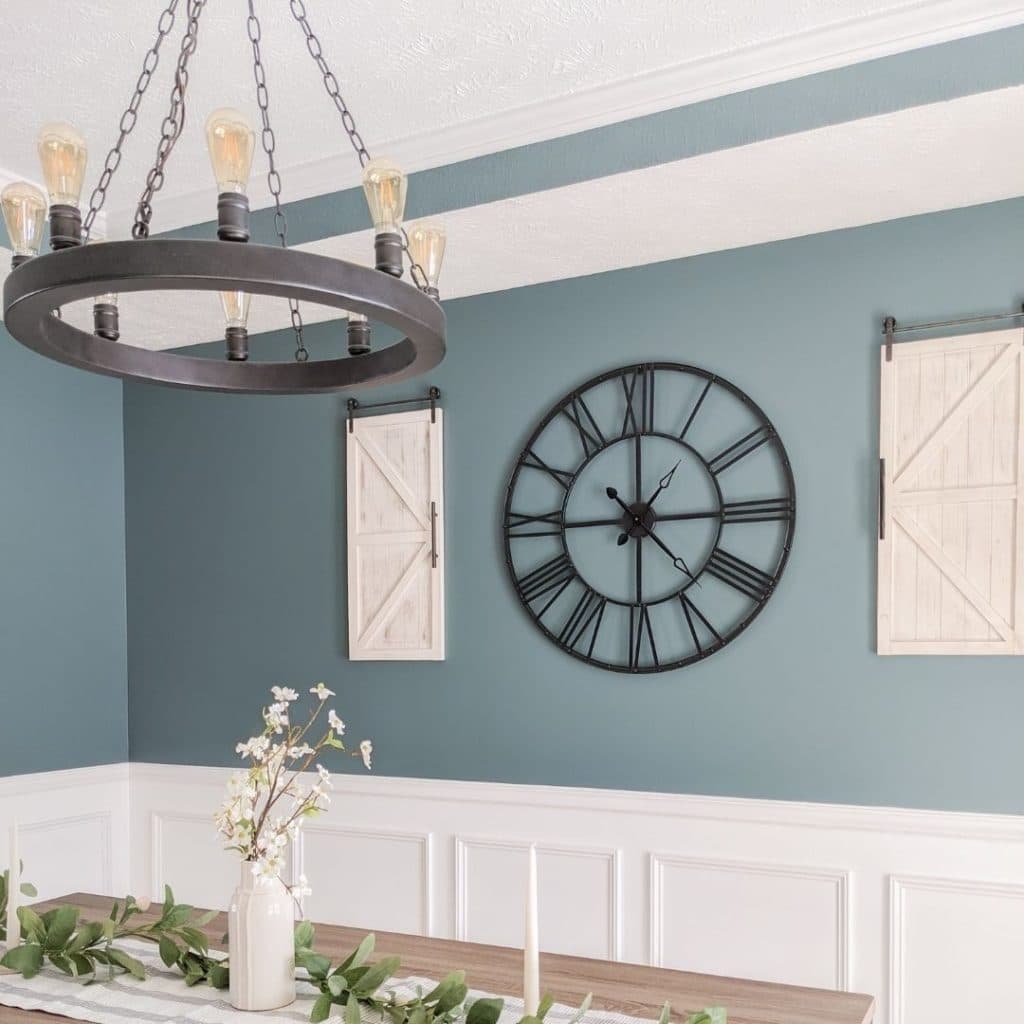
Homeownership Comes with Additional Expenses
I left this point for last because it’s the MOST important. And if there is ONE thing you take away from this entire post, let it be this: home-ownership is expensive.
I don’t want this to scare you, I just want to make sure you are aware of all the costs that come with owning a home. It isn’t just the monthly mortgage payment you have to think about – so much more than that. Below is a brief list of the things to keep in mind when calculating what you can afford.
Insurance
I am an insurance agent by day so I know this expense like the back of my hand. Before you close escrow, you will be required to provide proof of home insurance to your lender. But you should start getting quotes the SECOND you put an offer in on a home. Why? Because some homes are located in high catastrophe exposure areas, potentially making your monthly payment more costly. Wildfire/brush zones and flood zones are the two most frequently dealt with catastrophe zones that you need to watch out for, depending on where you live. Additionally, if the home has a history of bad claims, this could affect your rate too. Be proactive in getting this taken care of so you can get a good idea of what you will be paying upfront.
Utilities
You’re probably thinking: how bad can they be? Let me tell you, they add up! These rates are going to depend heavily on where you live, but be prepared to pay for water/sewer, electricity, gas, internet/cable, and trash just to name a few. These can add up quickly, so do some research and don’t be afraid to have your realtor ask the seller’s how much they pay per month for these things to help give you a general idea.
Maintenance & Emergencies
The least favorite of all. We learned to prepare for these real quickly after having our water heater break the day we moved into our first home. And then in our second home, our AC unit and garage door both broke within weeks of each other!
It’s good practice to be constantly putting money aside into a maintenance/emergency fund to pull from when unexpected home costs like these come up. Additionally, there may be things around the house you will want to replace eventually like shower heads, faucets, light bulbs/fixtures, air filters, etc.
If you have a small “home” fund planned in your budget, you will be thankful when these things come up!
Seasonal Expenses
Seasonal Expenses are really important to prepare for. In the Spring/Summer, you have to start thinking about your lawn. Are you going to hire a gardener? If so, you’ll need to account for this. If you plan to landscape yourself, you still need to save up for tools and supplies, and also a higher water bill. We just had to pay a hefty bill to get a few of our sprinklers replaced that were broken – so this is another thing to keep in mind!
Other yearly expenses may include gutter cleaning, chimney sweeping, roof repairs and maintenance, snow removal (depending on where you live), and tree trimming! All of these can also add up quickly, but if you are consistent about putting money aside all year round, you will be prepared!
Again, I don’t want this to scare you into not buying a house! My husband and I have just had numerous talks about how thankful we are that we didn’t go “above budget” when purchasing a home because a few of these additional expenses have already added up quick for us, and we’ve only been in our house for 4 months. It’s good to make sure you have a lot of room in your budget when you are planning for what you can afford. If you would be stretching yourself thin, maybe it’s worth taking a few extra months to save up for a bigger down payment, or adjusting your overall budget for a lower home purchase price. You will be thankful you left room to plan for some of these additional expenses.
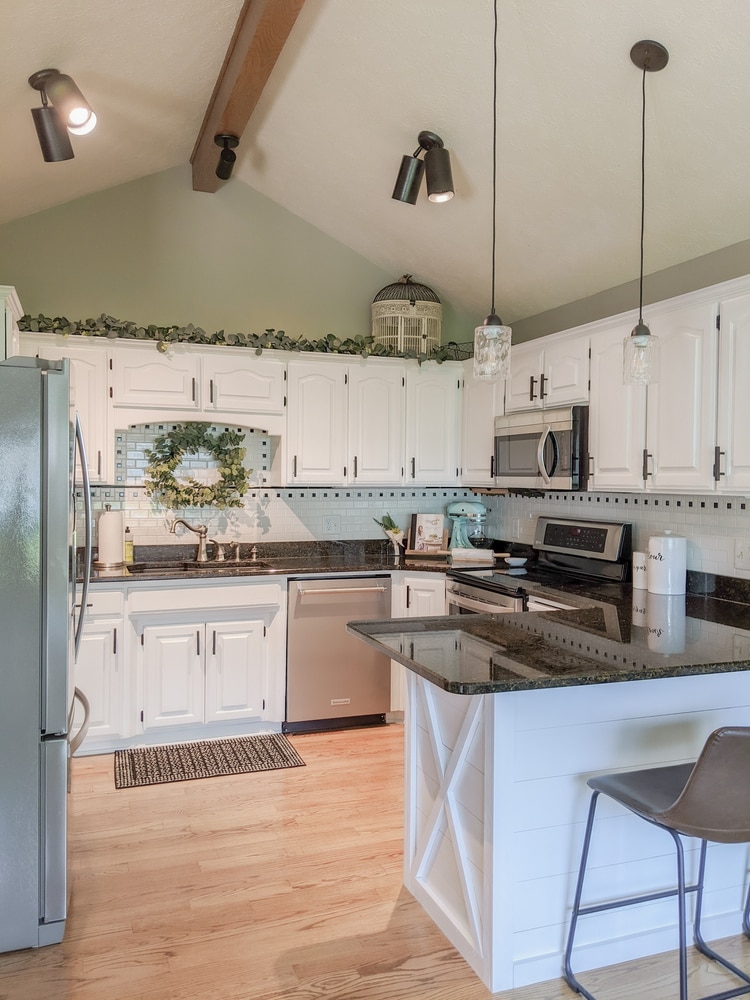
BONUS – Selling Your Home: A Few Pointers
I wanted to add this bonus point because it’s also something not that many people talk about. And I want to pose the most crucial point with a question: what is the first thing you notice when clicking through a listing on Zillow or Redfin?
If you’re like me, your answer is PICTURES. And unfortunately, I see SO many listings that are lacking in quality photos, which is a huge turnoff for me. Make sure you make it a priority to invest in professional photos that capture the true charm of your home.
You also want to be sure that you choose a realtor who prioritizes both the curb appeal and honest presentation of your home. It’s important that your online listing matches the expectations people have when they schedule that first walk-through tour.
You may not be at this stage of home-ownership yet, but it’s also important to keep “resale value” in the back of your mind. Before you start tackling renovations and DIY projects, think about how they will affect your re-sale value down the road. Of course it is YOUR home and you can add whatever personalized touches you want over the years, it’s just wise to be mindful of this if you don’t plan on living in the home forever.
That’s a wrap, friends! I know this was a lot information but I hope it proves helpful in your personal experience of buying a house. Remember that while being a homeowner is a huge responsibility, it is also a very rewarding accomplishment. And it is NOT far out of reach for you!
If there was anything I didn’t cover here or in my First-Time Homebuyer’s Guide, drop a comment below & let me know how I can help!
PIN IT:



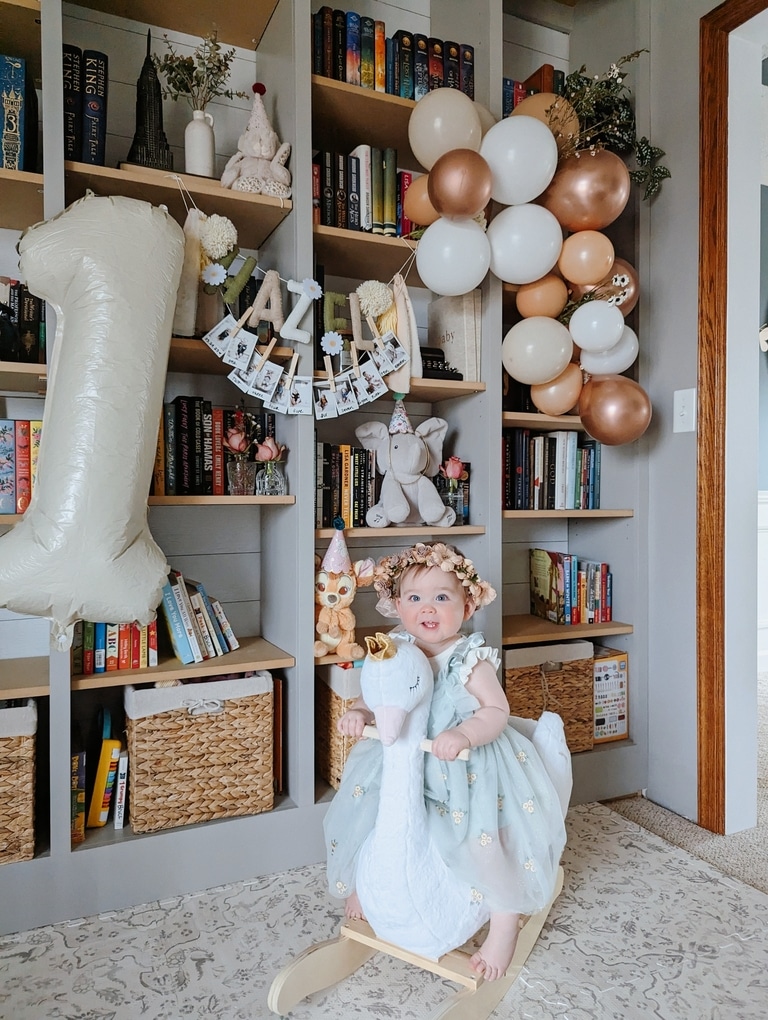
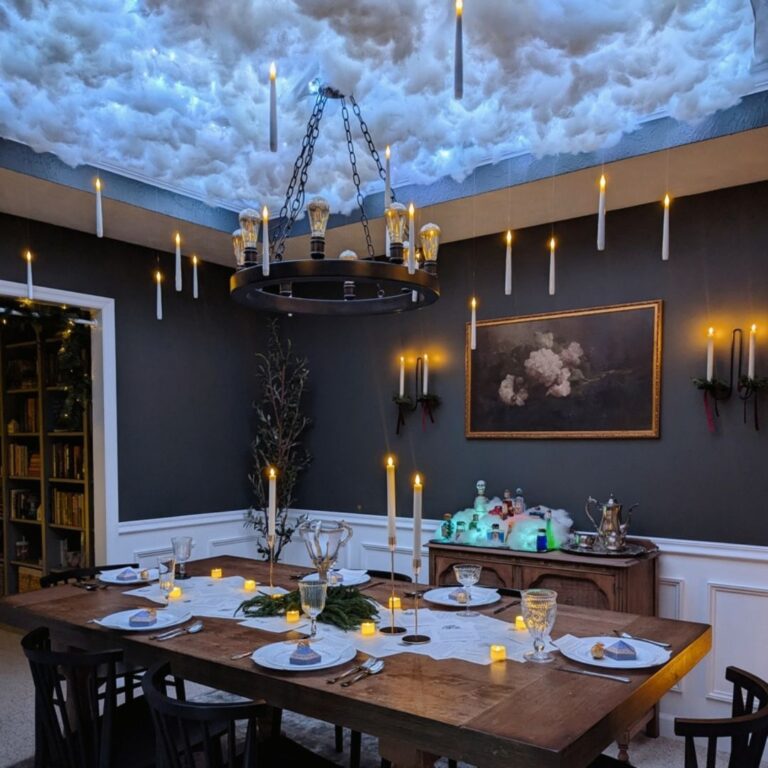
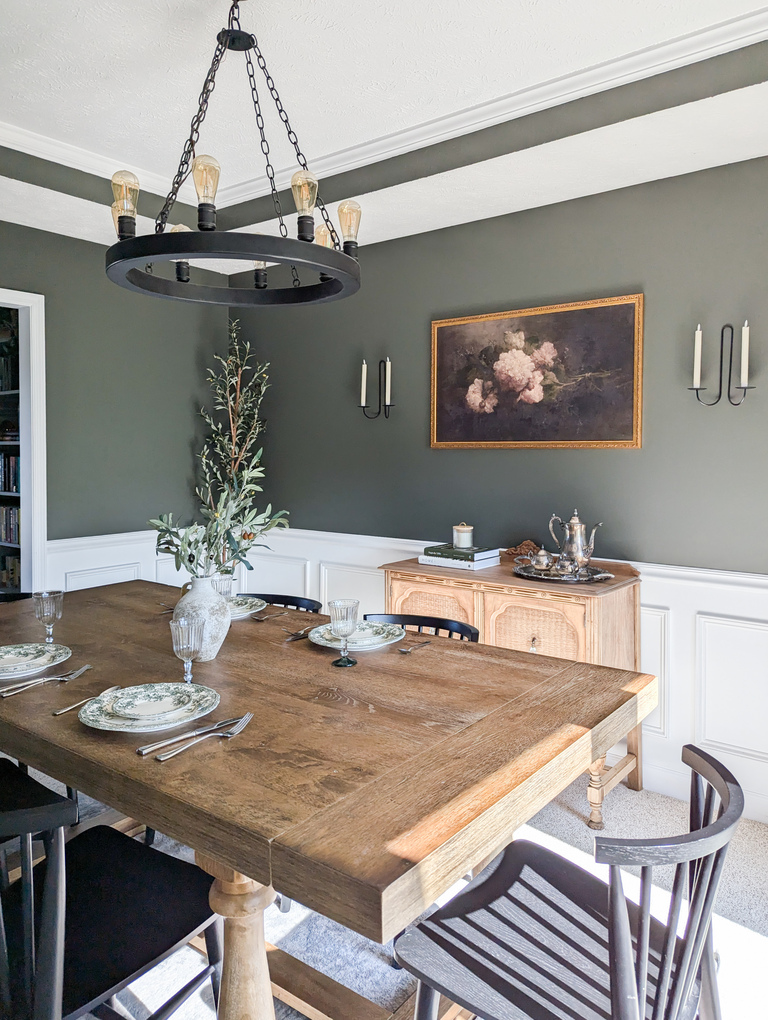
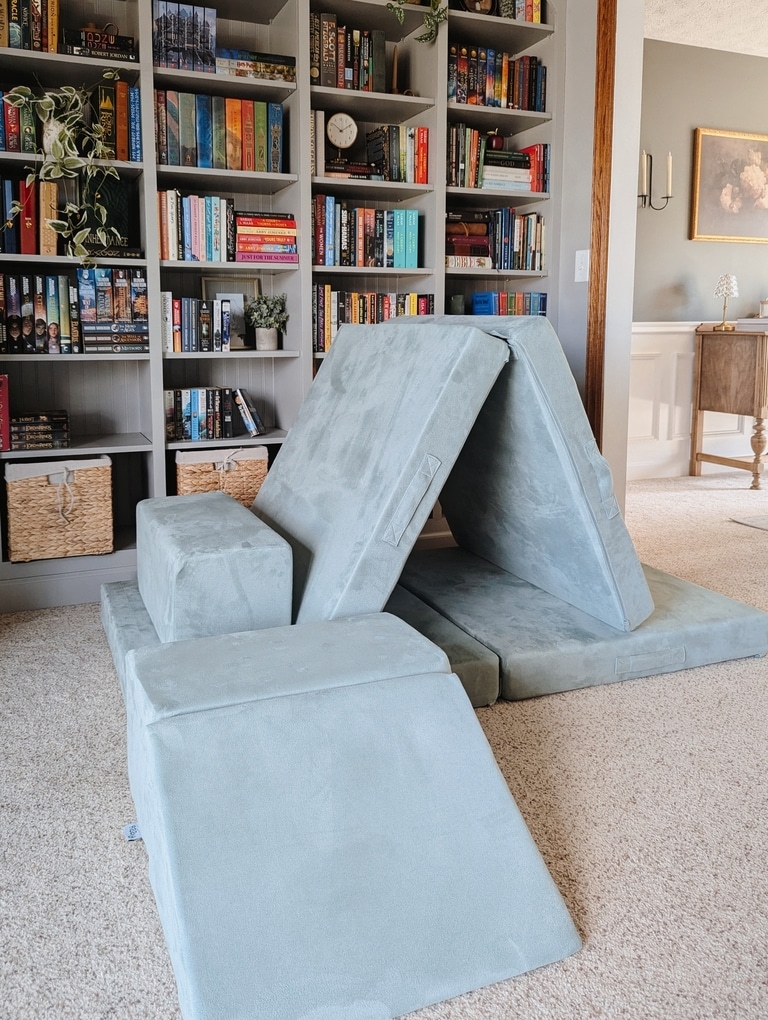
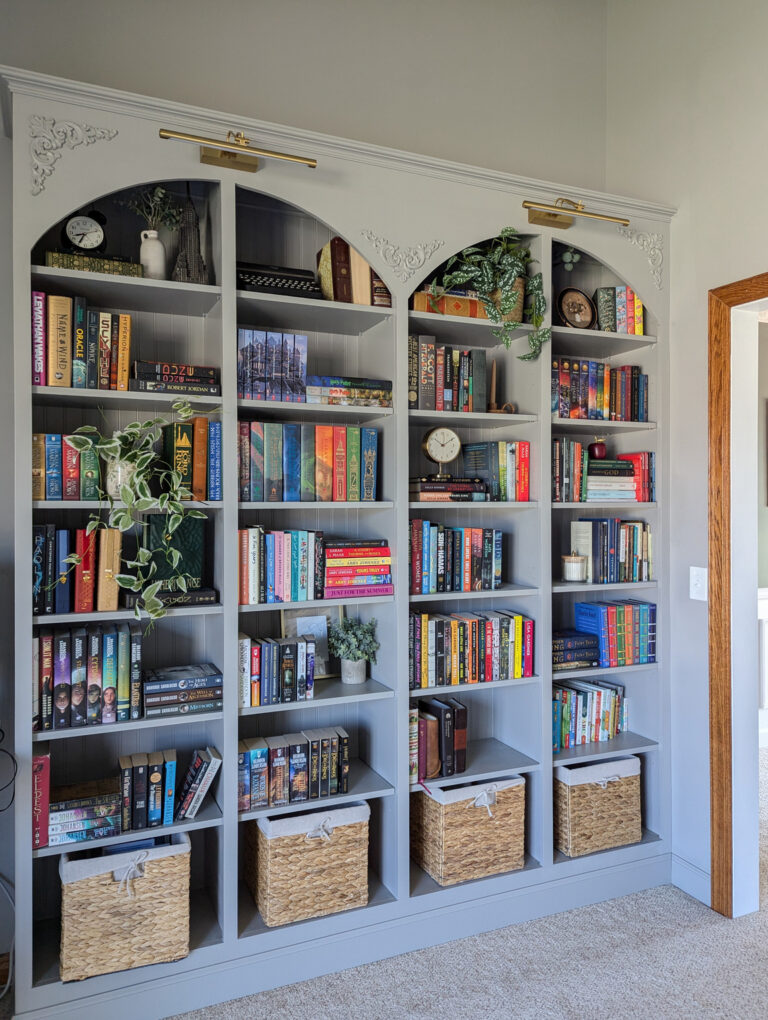



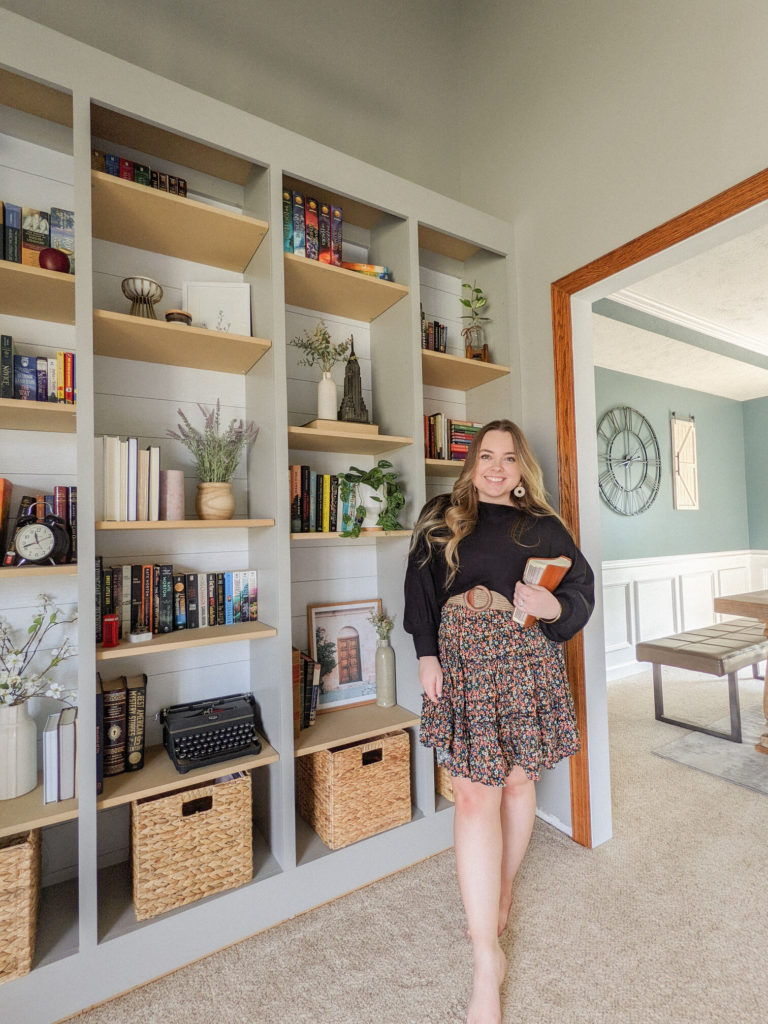
5 Comments
Great tips! Thank you for sharing this informative post, it’s really helpful.
Glad you found it helpful! Thanks for reading!
You made a good point that getting quotes as soon as possible is important when browsing though houses for sale. I’m thinking about buying my own home soon since I’ve saved up enough money these past decade to finally move out of my current apartment. I wonder if having my own home can help me have a better credit score in the long run in order to also have a good auto loan in the future.
I’m glad you found it helpful! I feel like investing in a property is always a good decision for your future! Gives you benefits when tax time comes around and I’m sure it helps your credit score too when making consistent payments on time! Excited that you get to embark on this journey soon! It’s a very rewarding process 🙂